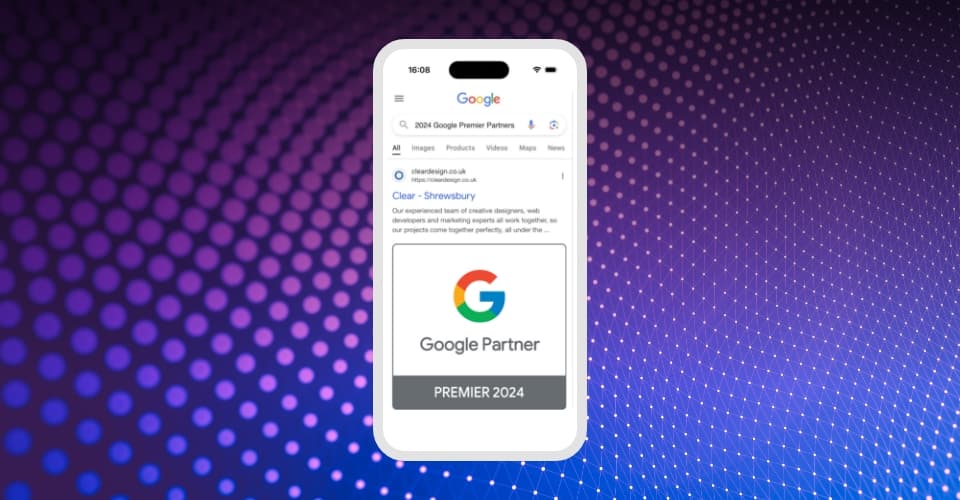What is the third person?
There are three main points of view you can use to write (or speak):
First person is where the writer refers to themselves as “I”. If it’s a company, this could also be “we” Second person uses “you”, “your” and “yours”. Third person uses “he”, “she” or “it” – or the person or company’s own name.
Why you shouldn’t use third person on your website
Third person implies that the writer isn’t the person the text is about, but an unknown third party. On your own website, this makes no sense, as you have an opportunity to talk directly to your audience. Don’t add an artificial layer of distance by referring to the company by name over and over.
Third person copy can sound overly corporate and formal. Even if those words describe your brand, other points of view will almost certainly work better for you.
Donald Trump refers to himself in the third person a lot. Just saying.
What you should be using instead
First person is good, but second person is generally where it’s at from an engagement point of view. This turns the focus of the text towards the reader. It’s great for getting across the benefits of your product or inspiring action.
Second person is used in advertising a lot, and with good reason.
In practice, your website might mix first and second person, although it’s not usually a good idea to do it within a single sentence. You might have phrases like “We were recently voted best vegan cowboy boot company in the UK,” or “You’ll love the fit and the way they make you feel.”
When is third person OK?
The main one is when you’re writing a press release. Press releases are sent to a third party to be published elsewhere. In that case, third person makes sense. Anything that’s not going on your own website can use the third person.
The issue often creeps in when people paste press releases they’ve written straight onto their website. There are SEO reasons you shouldn’t do this, as well as grammatical ones. Rewrite the content so it’s unique and from a first or second person point of view.
Third person can also be used for bios and ‘about the team’ pages, where you’re describing a particular person using their name.
What about SEO?
Some people think you need to mention your brand name lots of times in the body copy of your website to get found for it in the search results i.e. for SEO reasons. If that was ever the case, it’s no longer true.
There are lots of signals to Google that your brand name goes with your website:
Links from other sites might mention your brand You may have links from branded social media profiles The brand may be part of your domain name The brand is mentioned in the copyright notice on your site, and possibly your street address on the contact page Citations (mentions) of your brand elsewhere online may feature an address and/or phone number that matches what’s on your website Your brand name is usually the easiest term for you to rank for and shouldn’t require any particular effort. There might be exceptions when the company name is also a generic word or phrase, or the site is brand new, but those are few and far between.
Bonus tip
Clients often ask if they should use ‘is’ or ‘are’ after their company name. Both are technically correct, but the connotations are slightly different. Using the singular form ‘is’ makes the company sound corporate and professional. ‘Are’ refers to the team behind the business, giving a more personal touch.
Which you use might depend on your brand guidelines or in-house style rules, but generally, ‘are’ is more engaging for use on a website.



